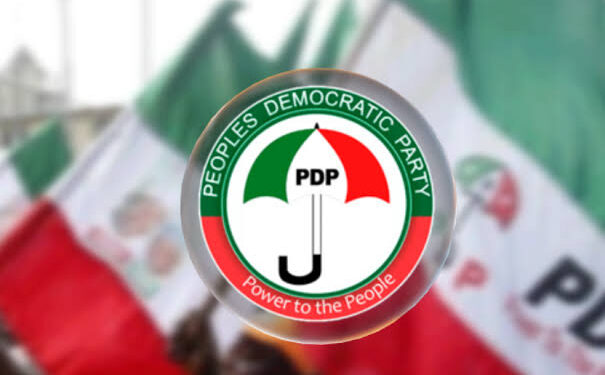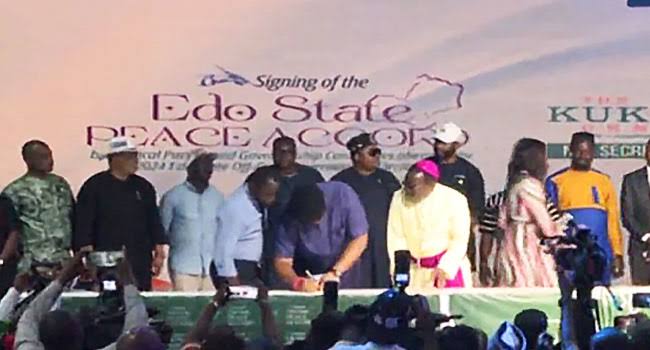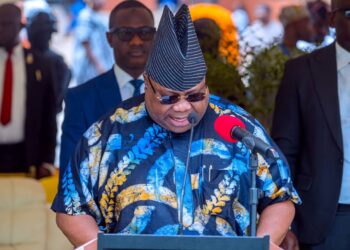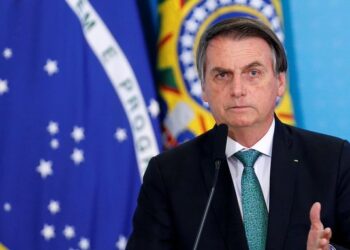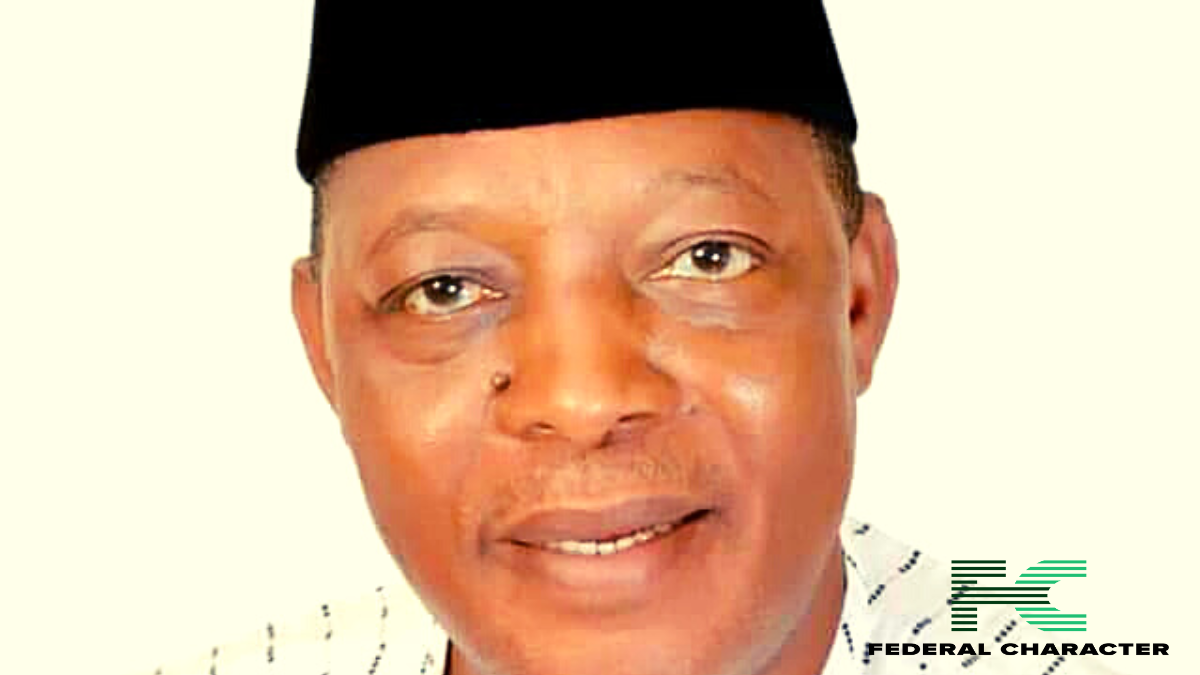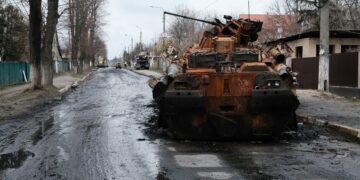The Bishop of the Catholic Diocese of Sokoto, Matthew Kukah, has weighed in on the controversy surrounding the People’s Democratic Party (PDP) in Edo State and their refusal to sign the peace accord ahead of the upcoming elections. Kukah, a prominent figure in the National Peace Committee, clarified that while the peace accord holds significant moral weight, no party is legally compelled to sign it under the electoral act.
Peace Accords: A Moral Commitment, Not a Legal Requirement
Kukah, speaking at the Edo Election Security Townhall in Benin City, pointed out that the peace accord is not enforced by law but is instead a voluntary action aimed at promoting peaceful elections.
He also referenced the 2023 presidential election, noting that President Bola Tinubu, then a candidate, did not sign a peace accord, a move that did not result in any legal repercussions.
“The National Peace Committee is not governed by the Electoral Act,” Kukah said. “It’s a moral initiative. You can’t force people to sign it, just like you can’t compel someone to love their neighbor.”
Historical Context and Implications
This is not the first time a high-profile candidate or party has refrained from signing the peace accord. In the 2019 presidential election, Alhaji Atiku Abubakar, the candidate for the PDP, initially declined to sign the peace accord but later reversed course after facing public pressure. Kukah highlighted that the opposition often exploits such actions to fuel political narratives, yet it remains a voluntary gesture.
“It sends the wrong signal when political parties refuse to sign,” Kukah said. “It’s a message the opposition can easily exploit.”
Concerns Over Edo State Elections
The decision by the PDP in Edo to avoid signing the peace accord has raised serious concerns about the upcoming election. With rising tensions between the political parties in the state—tensions that have been simmering for months—there are fears that this refusal could exacerbate existing hostilities.
As voters prepare to head to the polls, the lack of a peace accord from one of the major parties has created uncertainty about the safety and fairness of the election. Kukah noted that while the refusal to sign does not lead to legal consequences, it amplifies public anxieties about the political climate in Edo.
Bottom Line: A Moral Signal with Political Ramifications
While not legally binding, the refusal to sign a peace accord can still impact public perception and potentially influence the election’s outcome. As the election date draws near, the failure of the PDP Edo to sign the accord may add fuel to an already tense situation, leaving questions about voter safety and the conduct of a peaceful election unanswered.

